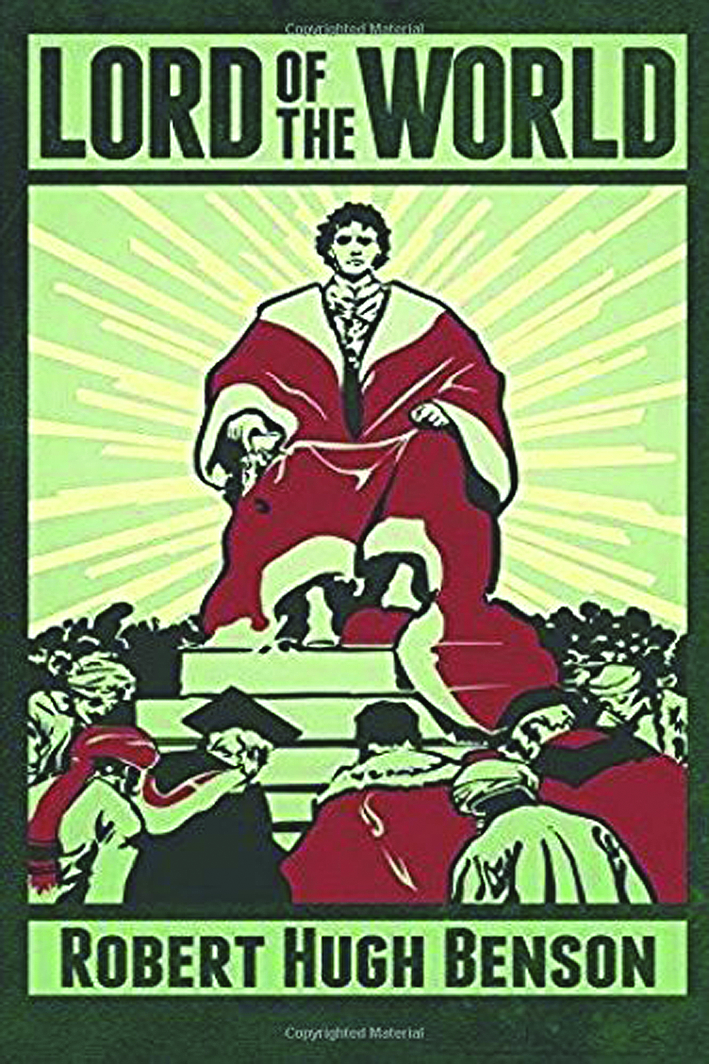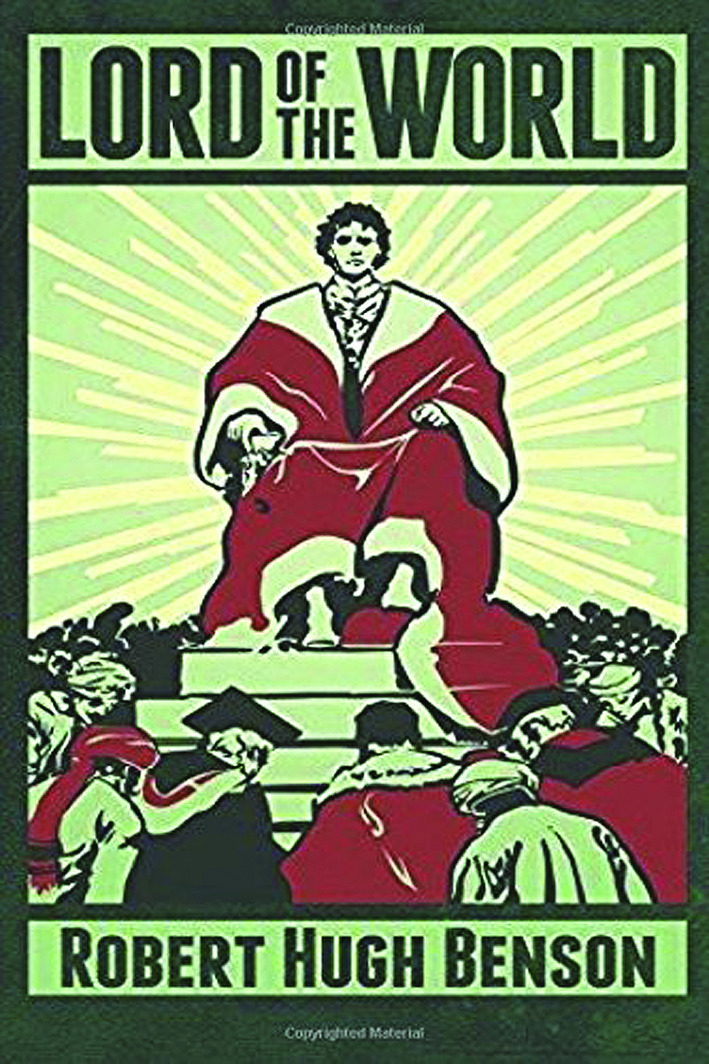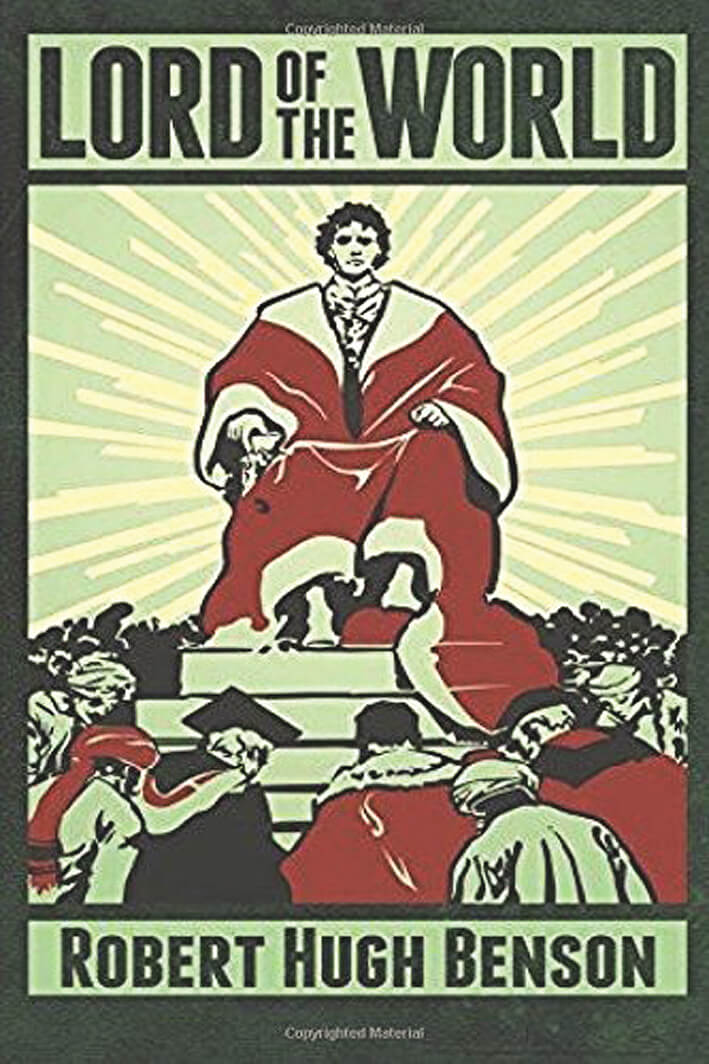From the very moment of his appearance on the Vatican balcony to his emergence onto the world stage, Jorge Mario Bergoglio—now Pope Francis—has provoked wonder. Almost no one predicted he would become Pope, and now that he is Pope, few really understand him.
True, reams of words have been published about Pope Francis, and speculations abound about what his pontificate will bring. But these commentaries invariably turn out to be superficial, and—far too often—agenda-driven. They make mistakes, ignore important elements of his life, and overlook his greatest strengths.
An exception to this rule is Robert Moynihan’s fresh and revelatory Pray for Me, just out from Image Books. It is an in-depth introduction to the life and spiritual vision of Pope Francis.
Founding editor of Inside the Vatican and Vatican analyst for over 20 years, Moynihan is well-known to ITV readers through this magazine and his ever-informative “Moynihan Letters” issued on the worldwide web. As familiar with contemporary Rome as he is with Christian history—he has a Ph.D. in medieval studies from Yale—Dr. Moynihan is the ideal person to provide a knowledgeable perspective on Pope Francis, and what his elevation means to the Catholic Church.
Pray for Me consists of three parts, each one clearly distinct, but also interconnected to the others, forming a complete portrait of a profound and multi-dimensional man.
A New Pope’s First Days
Part One, entitled, “A New Pope’s First Days,” covers the first few weeks of Francis’ pontificate, as seen and experienced by Dr. Moynihan while he covered them in Rome. He describes the almost instantaneous bond the new Pope formed with the pilgrims in St. Peter’s Square. “How such things happen is not easy to explain,” writes Moynihan. Whether it was Pope Francis’ initial appearance, reticence, or mannerisms, something quite extraordinary was occurring, and obvious to everyone present: “Before he said anything at all, the people had already begun to understand him and to appreciate him. In his silence, in his modesty, in what appeared to be even a certain clumsiness, he was revealing, it seemed, his humanity, his sensitivity, and so spontaneous cries sprang up: ‘Viva il Papa!’— ‘Long live the Pope!’”
What the crowd felt that night was soon felt by many others across the globe as they watched and listened to the new pontiff, awaiting his next moves. Those first few days of Francis’ pontificate “became in some way like a detective story,” writes Moynihan, “where each action, each word of Francis, gave us a clue to who he is….”
It didn’t take long for the Pope to reveal himself. In his choice of the name “Francis,” his first Mass and homily, his greetings to the College of Cardinals, addresses to the faithful, visits with journalists and diplomats, and embrace of his predecessor, Benedict XVI—all admirably covered by Moynihan—the new Pope established himself as a model priest, pastor and man of faith, in harmony with the Church’s best traditions. At the same time, Pope Francis was his own man, with a unique way of communicating the faith; and what Moynihan brings out so well are the origins of that faith, unknown or incomprehensible to so many.
If there is one thing that distinguishes Pope Francis from other world leaders, it is his authenticity. He is not a man to be led around by bureaucrats or dubious “advisors,” much less “spinmeisters,” but instead, follows his own heart. Much like his namesake, St. Francis, he is a bit of a free spirit, but it is a freedom anchored deep within the Church, and completely orthodox. Francis is innovative, independent-minded, and a would-be reformer — but certainly no rebel. Moynihan describes the source of that steady strength: “Deep wells of personal faith, wells whose sources were in the faith of his grandparents and parents and brothers and sisters, and his parish priest when he was a child, in the Marian piety of his youth, and in the books he had read, in the teachings of St. Augustine, St. Francis of Assisi, and St. Ignatius of Loyola, in the whole rich culture of Argentine Catholicism in the 1930s and 1940s, leading to an unforgettable experience in 1953 of what he described as ‘God’s mercy’ toward him. It was then that he decided to commit his life to the cause of God in this fallen world.”
Many readers will be too young to recall pre-conciliar Catholicism, and even those who do remember it likely lack familiarity with its expression in Latin America. But this is the environment the future Pope grew up in, so it remains a key to understanding Francis’ development and outlook. Moynihan thus devotes Part Two of his book—“The Life That Formed Pope Francis”— to recreating those times and events, explaining how they will influence his papacy.
The Life that Formed Pope Francis
Beginning with his birth in 1936, through his adolescence and eventual decision to become a priest, there were two overriding influences on Jorge Bergoglio’s life: Christ and his local Argentine community. Jorge grew up in a deeply Catholic home, the oldest of five children, and was taught the basics of Christianity from his earliest years — not just by loving parents, but also by a larger extended family that included relatives and friends. Jorge learned his Catholic ethos “within a rich fabric of relationships deeply supportive of his identity,” writes Moynihan.
The Bergoglios had emigrated from Italy to Buenos Aires to build a new life in Argentina, and as much as they loved Latin American culture, they wanted to honor their Italian heritage, too. Jorge’s grandparents thus taught him Italian; and his nonna (grandmother) taught him how to pray. In his first days as pontiff, Francis was “still citing his nonna as a source of wisdom, as if her words to him as a child had been seared into his heart.”
Something else he learned from his upbringing, and related soon after he became Pope, was how much we need to care for one another: the love that is created by a Christian family needs to expand beyond our closest relatives and break into society at large: Everyone is our brother and sister in Christ. Francis practiced that belief as a young priest, Jesuit superior, bishop, and cardinal, and will now continue it as Pope.
That Francis is a Jesuit — and the first Jesuit Pope ever — is of no small consequence, for his whole adult life has been shaped by the spiritual and theological vision of St. Ignatius Loyola, the Jesuits’ founder. If one wants to discover the reason that Pope Francis lives such an austere life, warns against a worldly and “self-referential” Church, frequently asks Christians to examine their consciences, confess their sins and be aware of the devil’s temptations — and yet at the same time be filled with Christian hope and assured of the mercy of God for those who seek it — one needn’t look any further than Ignatian spirituality. Francis has been steeped in it for over 40 years, and it is now coming into dramatic play during his pontificate.
In tracing Jorge Bergoglio’s rise to the papacy, Moynihan highlights two other strengths the new Pope learned from St. Ignatius: courage and discernment. Whether contending with ruthless dictators, corrupt politicians, immoral businessmen, or defiant religious, Bergoglio has never hesitated to do what was necessary according to the teaching of Christ. At the same time, he has always thought before acting, avoided recklessness, and tried to do what he believed moral and wise in any given situation. He has also displayed compassion. These qualities are sure to help him as Pope.
Having conveyed a comprehensive sense of who the new Pope is, Moynihan allows Francis to speak for himself in the final, powerful section of this book, “In His Own Words.”
In His Own Words
Here, every conceivable topic of interest to Christians — from God and human life, to theology and politics, to morality and personal responsibility, to the mystery of evil and human suffering, and the ultimate destination of humankind in Jesus Christ — are all discussed, with selections from Bergolio’s sermons, writings and pastoral letters, many of which are being translated here for the first time. Throughout them all, there is a humility that resonates, a tone that affects the reader deeply.
The title of the book — Pray for Me — is taken from the first words Francis spoke when he addressed the faithful after his election. It is another sign of humility: more than anyone else, Francis knows that his journey as Vicar of Christ cannot succeed without the utmost spiritual support from fellow Catholics.
Much remains unknown about the future — how Pope Francis will implement his highly-anticipated reform of the Curia and the Church; how he plans to interpret the work of Vatican II; what his personal views on the liturgy and the new evangelization are; and how he will meet the many challenges now facing the contemporary Church. But such questions will be asked of every modern pontificate.
As we await what the Holy Spirit has in store, Robert Moynihan has produced an invaluable introduction to Pope Francis, one that can be recommended on all fronts. What makes it particularly special — and sets it apart from other works on Francis — is that Dr. Moynihan is a believer himself, and writes as such. In a world where all too many writers (including Catholics) are afraid to allow their faith to influence their work, Moynihan’s personal testimony and invitation to his readers, at the outset of this book, are both refreshing and inspiring: “I approached this material as a journalist, but also as a believer. While I have tried to present a clear journalistic approach to the material, my main goal was to offer readers a tool that can be used in many ways as a devotional. Written in the spirit of lectio divina, or reading (in this instance, writing) in a prayerful manner, you will certainly find ample information on the whos, whats, and wheres of Pope Francis’s life. But Pray for Me is really geared for those who would like to accompany Pope Francis on his journey of faith in the months and years ahead. You may certainly read this book cover to cover, but I encourage you to use it as a tool for contemplation, one in which you can turn to any page and open a space for prayer and meditation on Pope Francis’ life — and yours as well.”




Facebook Comments